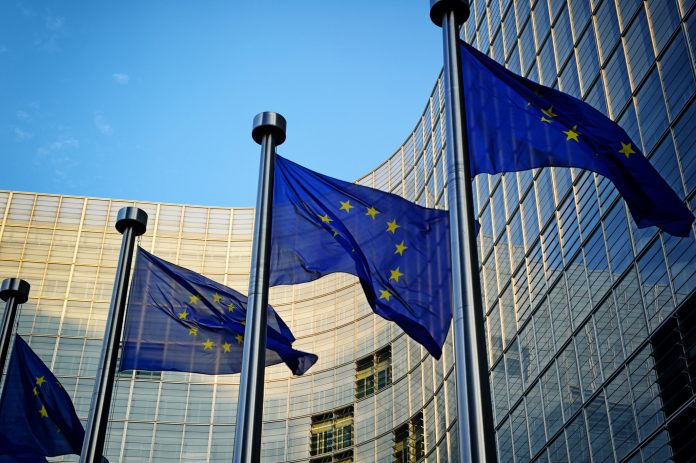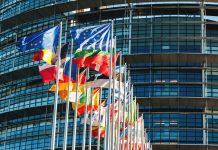The European Parliament has officially approved Ursula von der Leyen’s new team for the European Commission after weeks of discussions and rigorous negotiations
President Ursula Von Der Leyen’s second term as Commission President began on December 1st, 2024, and plans to focus on critical issues such as climate change, security, and Europe’s economic future, the Guardian reported.
A divided parliament on Von Der Leyen’s new commission team
The approval of Von Der Leyen’s came with its doubts. The European People’s Party (EPP), the Socialists, and the centrist Renew group, which together control more than half of the European Parliament’s seats, had to reach a compromise to avoid the collapse of the approval process. Each political group had its priorities, leading to disagreements over key appointments.
The most heated debate centred around Italy’s Raffaele Fitto, nominated as one of the Commission’s vice presidents. Fitto is a member of the far-right Brothers of Italy party, and his nomination was strongly opposed by the Socialists, who argued that his party’s anti-EU views made him unsuitable for such a high-ranking position. At the same time, the EPP pushed back against the appointment of Spain’s Teresa Ribera, who faced political fallout in Spain over her handling of floods in Valencia.
Compromise and agreement
Despite the tensions, a compromise was reached between the three major political groups.
They agreed on a set of principles to guide their cooperation, including support for the rule of law, a pro-European stance, and a strong commitment to Ukraine. This deal was key to ensuring the approval of the entire Commission team, as the European Parliament needed to avoid further delays in the process.
Even with this agreement, Von Der Leyen’s team still had to win support from other political groups in the Parliament, including the European Conservatives and Reformists (ECR) and the Greens. This is because the support of the EPP, Socialists, and Renew alone wasn’t enough to guarantee a majority.
A divided vote
When it came time for the final vote, 370 MEPs voted in favour of the Commission, while 282 voted against and 36 abstained. While this majority vote confirmed the new team, it also showed the divisions within the European Parliament. The narrow margin of support suggests that Von Der Leyen’s leadership will face ongoing challenges, even as she begins her second term at theEuropean Commission.
Key priorities for the new commission
With the approval now secured, the new Commission is ready to tackle some of the EU’s most pressing challenges. Von Der Leyen has outlined several key priorities for her team, focusing on Europe’s competitiveness, energy independence, and security.
- Competitiveness and innovation:
One of the Commission’s first initiatives will be a “competitiveness compass” aimed at narrowing the innovation gap between the EU, the US, and China. This will involve efforts to boost Europe’s green technology sector and create a more sustainable, competitive economy. - Climate and green transition:
Von der Leyen has committed to staying the course on the European Green Deal. Her team will continue working on policies to decarbonise Europe’s economy, with a focus on creating green jobs and supporting a circular economy. The EU’s goal of net-zero emissions by 2050 remains a central target. - Security and defence:
As war continues in Ukraine and other parts of the world face instability, Von Der Leyen’s Commission will place a strong emphasis on European security. Strengthening defence capabilities and ensuring Europe can respond effectively to geopolitical threats will be a top priority.
While the European Parliament has confirmed Von Der Leyen’s team, the approval process has shown the challenges the EU faces in maintaining unity. Internal divisions over personnel choices and political priorities could damage the EU’s ability to present a united front with external challenges, such as Russia’s actions in Ukraine and the uncertain political climate in the US.
As von der Leyen begins her second term, her team will need to navigate these internal tensions while also addressing the urgent issues facing Europe.











